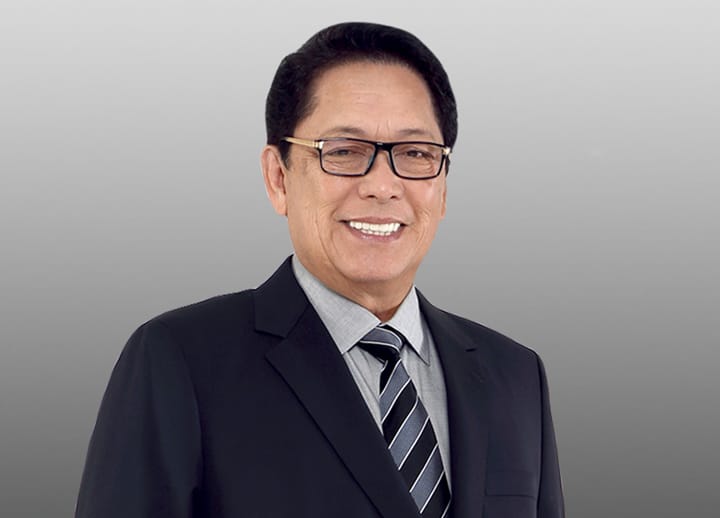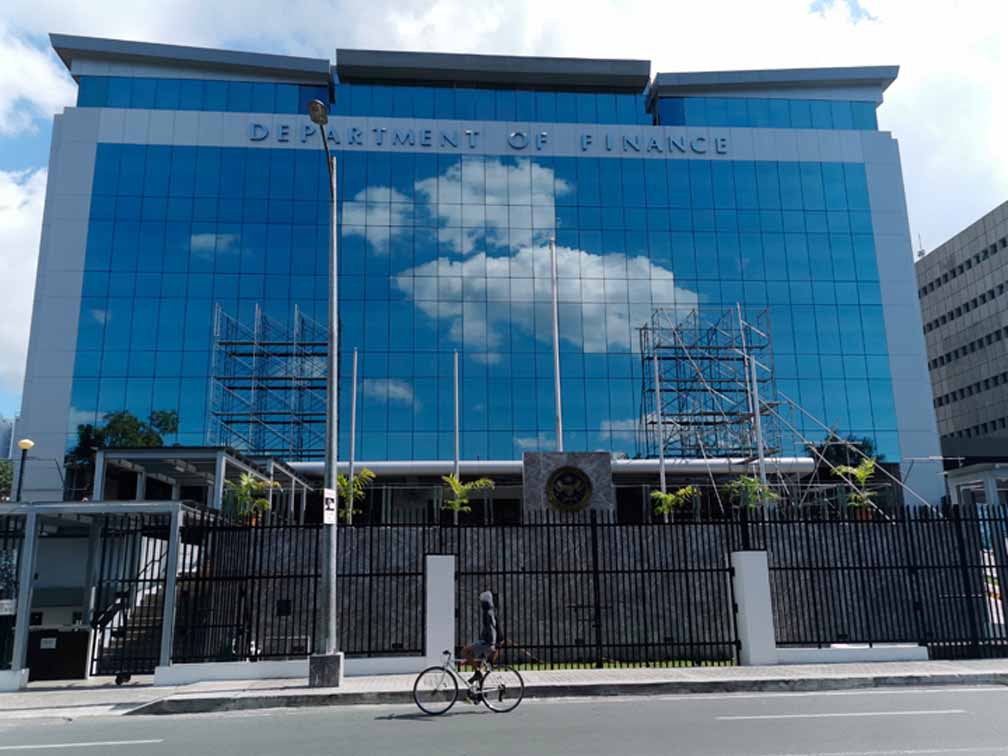BIG players in the mining industry are pushing for a stable business environment to enable the sector to support the country’s post-pandemic recovery efforts.
The Chamber of Mines of the Philippines (COMP) defined a stable business environment as something where “policies are reliable, contracts and investments are protected, and the rules do not change midstream.”
COMP’s Michael Toledo made the pitch in a speech before the members of the Consular Corps of the Philippines, an association of diplomats and consular officers. With “estimated untapped mineral reserves worth US$1 trillion or equivalent to three times its 2021 GDP, the Philippines has tremendous potential to contribute to socio-economic growth,” Toledo said.
Mining used to be a huge contributor to the Philippine economy, particularly in the 1980s when the industry accounted for 21 percent of the country’s export earnings and over 2 percent of GDP, he recalled.
Gina Lopez’s short stint in the DENR also saw the cancellation of 75 inactive mining contracts – 75 Mineral Production Sharing Agreements (MPSAs) and 1 Financial and/or Technical Assistance Agreement (FTAA) — for projects near or within watersheds, bringing cheer to environmental groups and anti-mining advocates. She also imposed a ban on open-pit mining methods for select ores.
Under Lopez’s successor, Roy A. Cimatu, the mining policies she put in place were slowly reversed, giving mining relief but triggering howls of protest among anti-mining groups.
Toledo noted that in 2020, mining’s share in total exports plummeted to 8 percent, and subsequently to 0.6 percent. He attributed the decline to a combination of factors, among them the “policy roadblocks” that included the recently lifted 9-year moratorium on new mining projects and a 4-year ban on open-pit mining.
Tampakan project
Alluding to the Tampakan Project in Mindanao that is being stalled by a provincial code that still bans open pit mining, Toledo said the industry needs “the next government to harmonize local and national laws to avoid conflicts on the ground.”
He said Tampakan, along with two other copper-gold projects Silangan and King-king, can increase yearly national government revenues by P12 billion a year, local government revenues by P1.5 billion, exports by almost US $2 billion, and social expenditures by close to P800 million pesos per year. Royalties to indigenous tribes, Toledo added, will increase by over P600 million per year.
“The Philippine Mining Act of 1995 is considered by many industry experts to be one of the most advanced mining laws,” he said. “Its social and environmental provisions are comparable to measures formulated in industrialized nations. What is needed is to increase the capability of government, both national and local – and the political will – to fully implement it.
“We wish the next government will further its roles as facilitator, partner, and demonstrator of environment, social, and governance (ESG) best practices in the mining sector,” Toledo added. He Cited the Mines and Geosciences Bureau’s support for COMP’s adoption of the Towards Sustainable Mining (TSM) by allowing the industry association’s members to allocate a portion of their mandated social development funds for this initiative.
TSM is a growing global standard for best practices in mining. Started in 2004 by the Mining Association of Canada, TSM has proven to be very effective in raising the standards of mining in that country. It is now being implemented in 10 countries.
He said COMP also hopes the next government will continue encouraging increased transparency and reporting of ESG practices in mining.
“With strong support from our current government, our participation in the Extractive Industries Transparency Initiative (EITI) allowed us to further demonstrate our commitment to the highest standards of transparency and accountability in business,” Toledo said.
The Philippines was the first of 51 implementing EITI countries found to have satisfactorily met the 2017 EITI Standard for fiscal transparency in the extractives sector.
“We in the Chamber are determined to be a strong partner in nation-building—one with a strong focus on social development, on minimizing the impact of our operations on the environment, and on ensuring a fair division of economic and financial benefits of mining,” Toledo said.
“But first, please allow us to flourish. Modern mining technology, global mining standards, and the increasingly stringent laws of the land governing mining have evolved in the last two decades to assist, enable, and guide the industry to become a responsive partner. We like to think that we have also evolved in lockstep with these developments.”

































